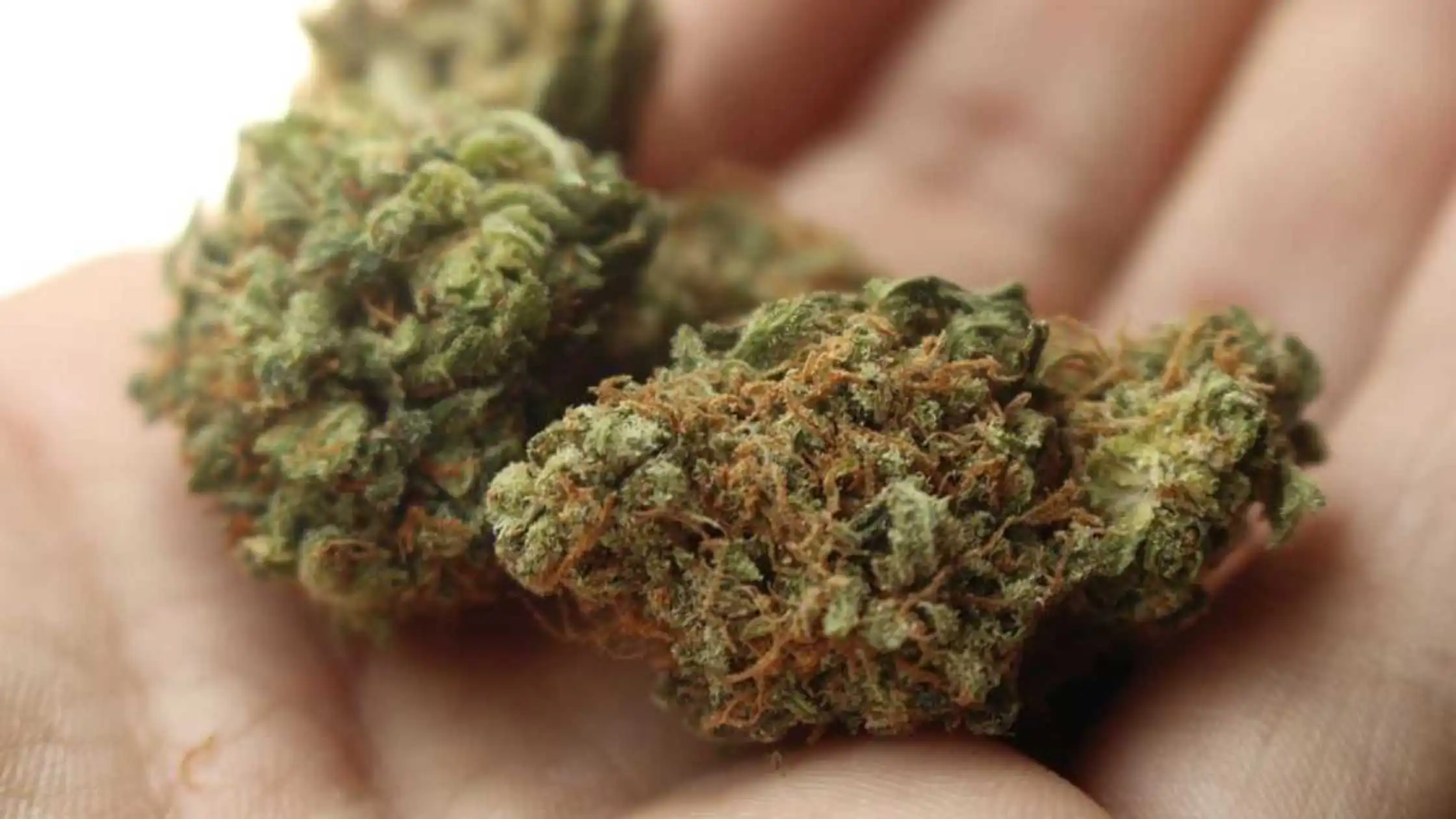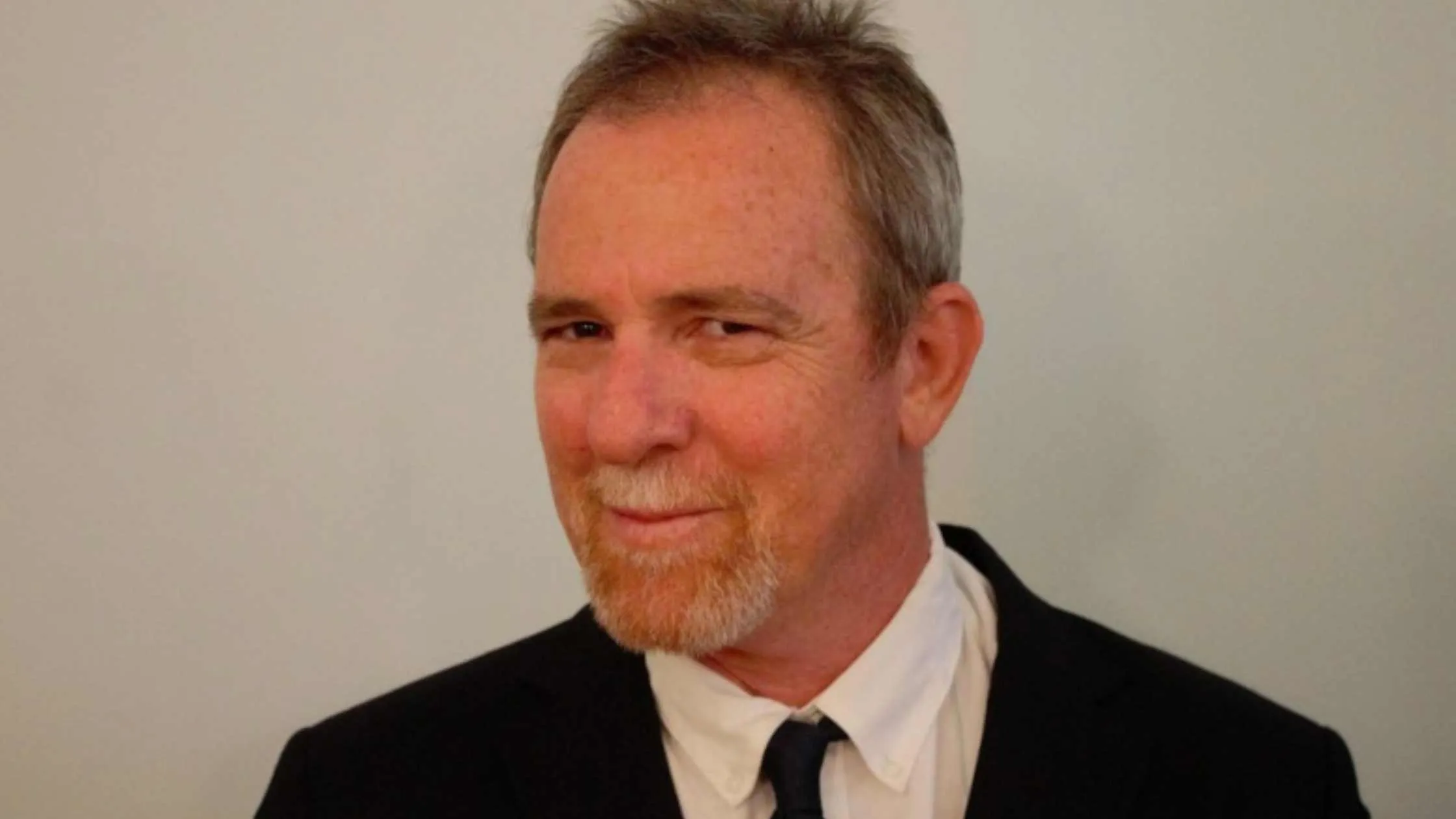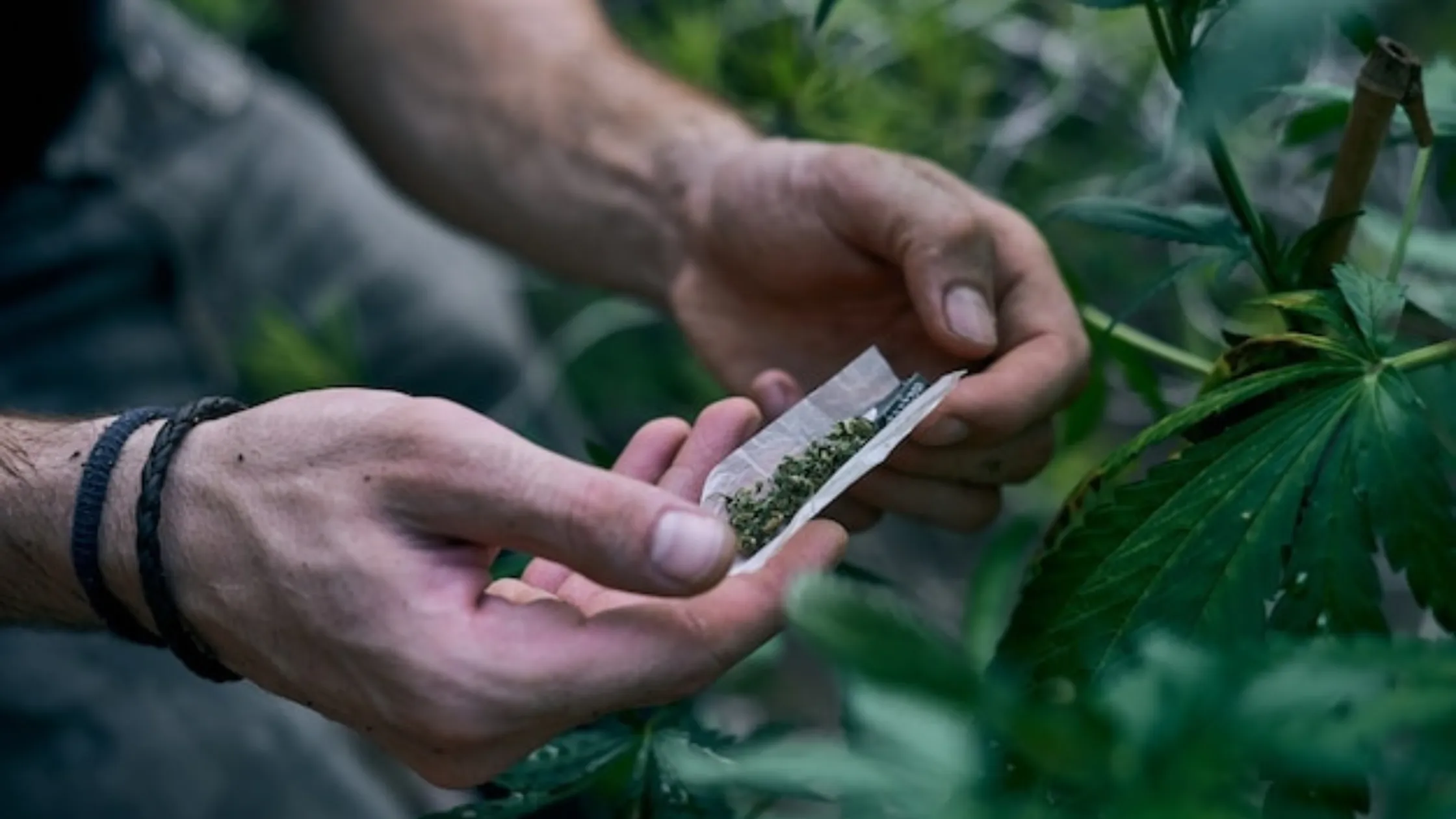Cannabis Bill: Dissecting the sweet and bitter sides of Indian hemp
The philosophical saying in some cultures that whatever is sweet is also bitter seems to capture the hardline positions taken by those agitating for the legitimization of cannabis cultivation and use in the country and those against the campaign. While the protagonists of the idea are looking at the economic and other benefits that would accrue from giving legal backing to the cultivation, sale, and use of the plant, those opposed are concerned with the damage that taking that path might do to Nigerian society.
In October 2020, the House of Representatives proposed a bill seeking to legalize the cultivation, sale, and use of cannabis, also known as marijuana or Indian hemp.
The bill, which has passed through the second reading in the House of Representatives, was sponsored by Miriam Onuoha, the lawmaker representing Isiala Mbano/Onuimo/Okigwe federal constituency of Imo State on the platform of the All Progressives Congress (APC). It is titled “A bill for an act to decriminalize the growth and use of cannabis, to establish a system for the registration and licensing of cannabis growers, users, and control, to legalize the growth, sale, and use of cannabis and set out a legal framework for the registration and licensing of cannabis growers and producers in Nigeria; and for related matters.”
Essentially, the bill is seeking “to regulate the cultivation, possession, availability, and trade in cannabis for medical and research purposes.”
The proposed law’s objectives include “Providing for a registration and licensing system for cannabis farmers and processors; regulating the cultivation, processing, availability, and trade of cannabis for medical purposes; and promoting public awareness about the cultivation, processing, availability, and trade in cannabis for medicinal and research purposes and its use for medical or health purposes.”
However, the bill prohibits the issuance of a cannabis license for medical use if such a person is without proof that “he is either a medical doctor and intends to use it for medical purposes or a pharmaceutical company who intends to use an amount of cannabis, which may be determined as required, in producing a medicine for the cure of a certain disease or an epidemic.”
When the bill is passed, Nigeria will join the league of 30 other countries that have legalized the use of cannabis. They include Argentina, Australia, Canada, Chile, Colombia, Croatia, Cyprus, Czech Republic, Denmark, Finland, Germany, Greece, Israel, the Netherlands, Norway, Peru, Italy, Poland, and Jamaica. The rest are Luxembourg, Switzerland, Macedonia, Turkey, Malta, Mexico, Uruguay, Lesotho, Romania, Dan Marino, and Zimbabwe.
As legislative work continues on the bill, Nigerians have been arguing for and against it. More than a year before the bill was presented, Governor Rotimi Akeredolu of Ondo State had kick-started the move to legalize cannabis cultivation and use in Nigeria.
He began his advocacy after attending a May 2019 program in Thailand tagged ‘Medicinal Cannabis Extract Development’ with Col. Muhammad Mustapha (rtd), then Chairman of the National Drug Law Enforcement Agency (NDLEA).
Shortly after he returned from the program, Akeredolu took to his official Twitter handle to announce that Ondo was ready to tap into the estimated $145 billion medical marijuana market.
He warned that since Ondo was “the hotbed” of cannabis cultivation, the state would be short-changing itself if it did not tap into the “legal marijuana market,” with a projected value of $145 billion by 2025.
Akeredolu admonished the Federal Government to encourage the cultivation of medicinal Indian hemp in the country, arguing that the industry could create thousands of jobs for youths and spur the country’s economic diversification.
“Our focus now is medical marijuana cultivation in controlled plantations under the full supervision of the NDLEA. I strongly implore the Federal Government to take this seriously, as it is a thriving industry that will create thousands of jobs for our youths and spur economic diversification,” the governor said.
He revealed that he visited the Asian country to assess the materials and best practices of medicinal cannabis planting and growing, with the possibility of replicating the technology in Nigeria.
He began his advocacy after attending a May 2019 program in Thailand tagged ‘Medicinal Cannabis Extract Development’ with Col. Muhammad Mustapha (rtd), then Chairman of the National Drug Law Enforcement Agency (NDLEA).
Shortly after he returned from the program, Akeredolu took to his official Twitter handle to announce that Ondo was ready to tap into the estimated $145 billion medical marijuana market.
He warned that since Ondo was “the hotbed” of cannabis cultivation, the state would be short-changing itself if it did not tap into the “legal marijuana market,” with a projected value of $145 billion by 2025. Akeredolu admonished the federal government to encourage the cultivation of medicinal Indian hemp in the country, arguing that the industry could create thousands of jobs for youths and spur economic diversification.
“Our focus now is medical marijuana cultivation in controlled plantations under the full supervision of the NDLEA. I strongly implore the Federal Government to take this seriously, as it is a thriving industry that will create thousands of jobs for our youths and spur economic diversification,” the governor said.
He revealed that he visited the Asian country to assess the materials and best practices of medicinal cannabis planting and growing, with the possibility of replicating the technology in Nigeria. Speaking during a recent meeting with pharmacists in Akure, Akeredolu further argued that the abuse, usage, and circulation of marijuana in the black market would drop drastically if it were legalized in Nigeria.
“In Ogbese, we can have a farm where NDLEA will be in charge. Nobody can take it out to smoke. From there, it gets to you for medicinal purposes. Pharmacists have been working on herbs; you can research this, too. It is one of the pathways to the controlled cultivation,” he noted.
When The Guardian visited some cannabis farmers in Ondo State, they all described the move to legalize the cultivation of the plant as a good step, saying they were eagerly waiting to see an end to what they described as a misconception about their business. One of the farmers in Akure/Ofosu Forest Reserve, who identified himself as Kofoshi, described the move to legalize the cultivation of the plant as a significant development that would increase employment opportunities for youths and help the country out of financial distress.
Kofoshi, who said many non-disabled young graduates were into the cultivation of the plant, noted that the illegality of the marijuana business made it risky to venture into over the years. According to him, people in the industry have become prey to the NDLEA and other law enforcement agents. Because of anti-drug agencies, it is a kind of business you do with only one eye closed when sleeping in the night. We often lose vast amounts of money despite the company’s enormous profit.
“There was a time the NDLEA operatives stormed our plantations and destroyed several acres of marijuana farms in this area. It was a big loss. They set millions of naira on fire,” he said.
Disclaimer: This article is originally published on https://guardian.ng/features/cannabis-bill-dissecting-the-sweet-and-bitter-sides-of-indian-hemp/





